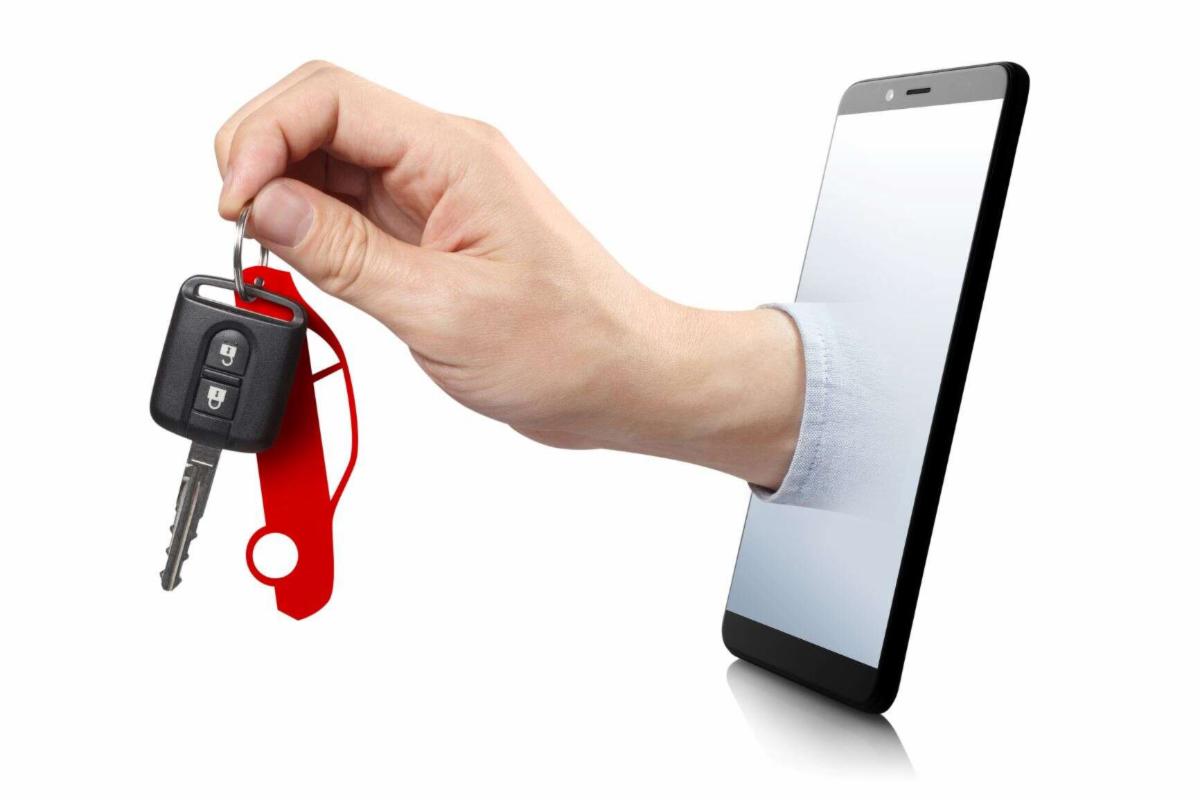CROMWELL, CT — With used car prices skyrocketing recently, consumers are turning to the internet to find a deal. Better Business Bureau Serving Connecticut is warning consumers to hit the brakes on these types of transactions. Our office has received multiple inquiries and reports to BBB’s
Scam Tracker about a con involving used cars purchased over the internet.
How the Scam Works
You see a used car listing online or through a sponsored ad on social media. You begin communicating with the seller. You agree to the deal and are asked to wire money for the vehicle to a shipping/escrow company. The seller claims they will keep your payment in escrow for five days to make sure you’re satisfied with your purchase.
In another scam, the seller claims that her husband has recently died and that she’s trying to get rid of his old car because it’s “brought back bad memories.” The seller says someone else was going to buy the car but didn’t get the loan, so it’s ready to be shipped.
In each instance, the criminal makes the fraud appear legitimate by assuring that the transaction will occur through a third party’s buyer protection program. So far, our investigation reveals that all of the company websites point to a virtual office in Hartford.
According to the FBI, scammers may fake a sense of urgency for selling the car, such as moving or being deployed by the military and receiving the vehicle as part of a divorce settlement.
After the transaction, the criminal typically ignores all follow-up calls, text messages, and e-mails or may demand additional payments. In the end, the consumer does not receive their car and is never able to recoup their losses. Aside from the monetary losses, consumers may put personal banking information at risk through these scams.
Avoid Online Car Sales Scams

